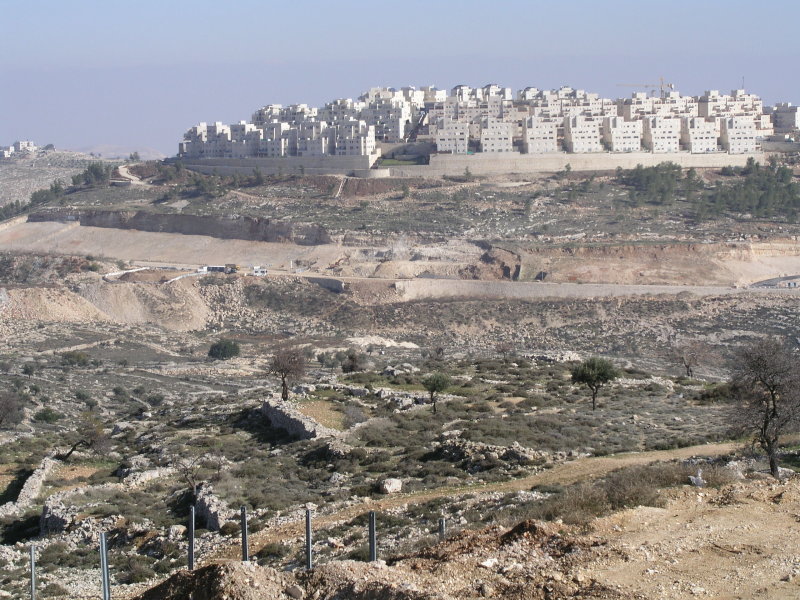
Defending the Indefensible: An interview with Dani Dayan, outgoing head of the Judea Samaria and Gaza Council
Last Friday, the Oxford Union hosted the first in a series of talks entitled “Head to Head” organised by and filmed for Al Jazeera. In this first talk, Al Jazeera’s Mehdi Hassan interviewed the outgoing head of the Yesha Council, Dani Dayan on the subject of Israeli settlements and the prospect for peace between Israel and Palestine. The Yesha Council is an umbrella organization of municipal councils of Jewish settlements in the West Bank and constitutes a formidable force within Israeli politics, pressing mainly for continuity of the settlement program. The talk presented a unique opportunity to question a leading defender of what many regard as one of the most flagrant and persistent breaches of international law by a democratic state today.
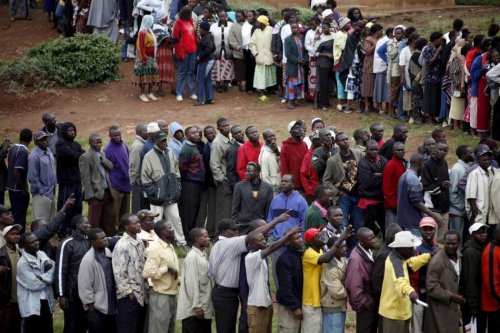
Kenya: To the elections, and beyond (part two)
Two sides have formed in the run-up to Kenya’s March election. The first, under the Jubilee Alliance, is an alliance between presidential candidate Uhuru Kenyatta and his running-mate William Ruto, two experienced political leaders who are also suspects to the International Criminal Court (ICC) for crimes against humanity conducted in Kenya’s previous election period. The second main side vying for election is a partnership between presidential hopeful Raila Odinga and his running-mate Kalonzo Musyoka, under the CORD Alliance (Coalition for Reforms and Democracy). This clash of titans has three possible outcomes
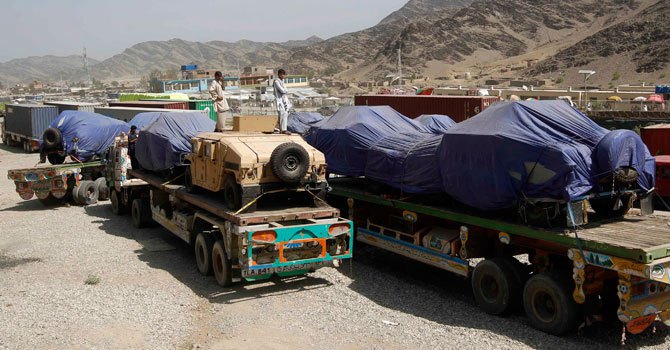
As Western withdrawal gains momentum, peace in Afghanistan hinges on one factor: Pakistan
Last week saw the first convoy of trucks carrying NATO containers, which first travelled the road to Afghanistan eleven years ago, making their return journey through Pakistan. This was a sober reminder of a harsh reality: The West is finally quitting Afghanistan in spite of their failure to militarily win the war; a war that has been expensive in both human and material terms.
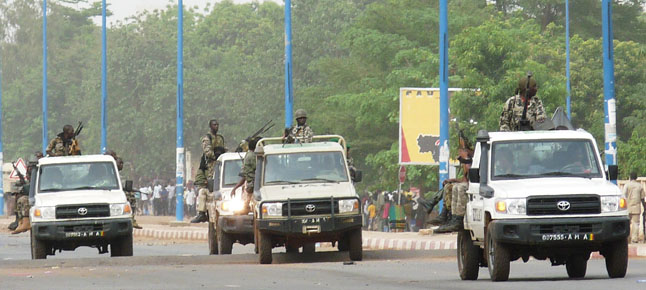
When Regional Solutions Fail: The French see good reasons for intervening in Mali, but their decision is a risky one
The announcement by French President Francois Hollande that his country is engaged in a military intervention in Mali represents a significant shift in strategy for the former colonial power in Africa. Up until a couple days ago, France was very much the reluctant intervener, investing all of its energy in coordinating a multilateral intervention (led by the Economic Community of West African States, ECOWAS) to forestall the further advance of Islamist forces in the Sahel region, and in reassuring worried African states, such as Algeria, that France’s days as an ‘African policeman’ were long gone.
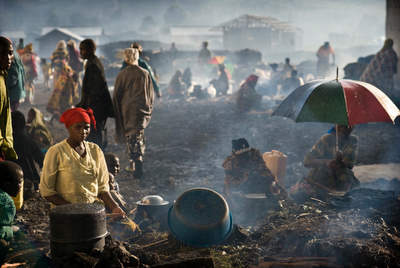
Humanitarian Ethics: Balancing theory and practice
On December 7th the Saïd Business School’s Centre for Entrepreneurship and Innovation hosted a seminar entitled “Protecting Civilians: Oxford and Oxfam working together on the ethics of war, weapons and humanitarian aid.” The seminar showcased two projects led by the Oxford Institute of Ethics, Law and Armed Conflict (ELAC) that engage with outside actors to leverage humanitarian ethics in humanitarian crises and armed conflicts.
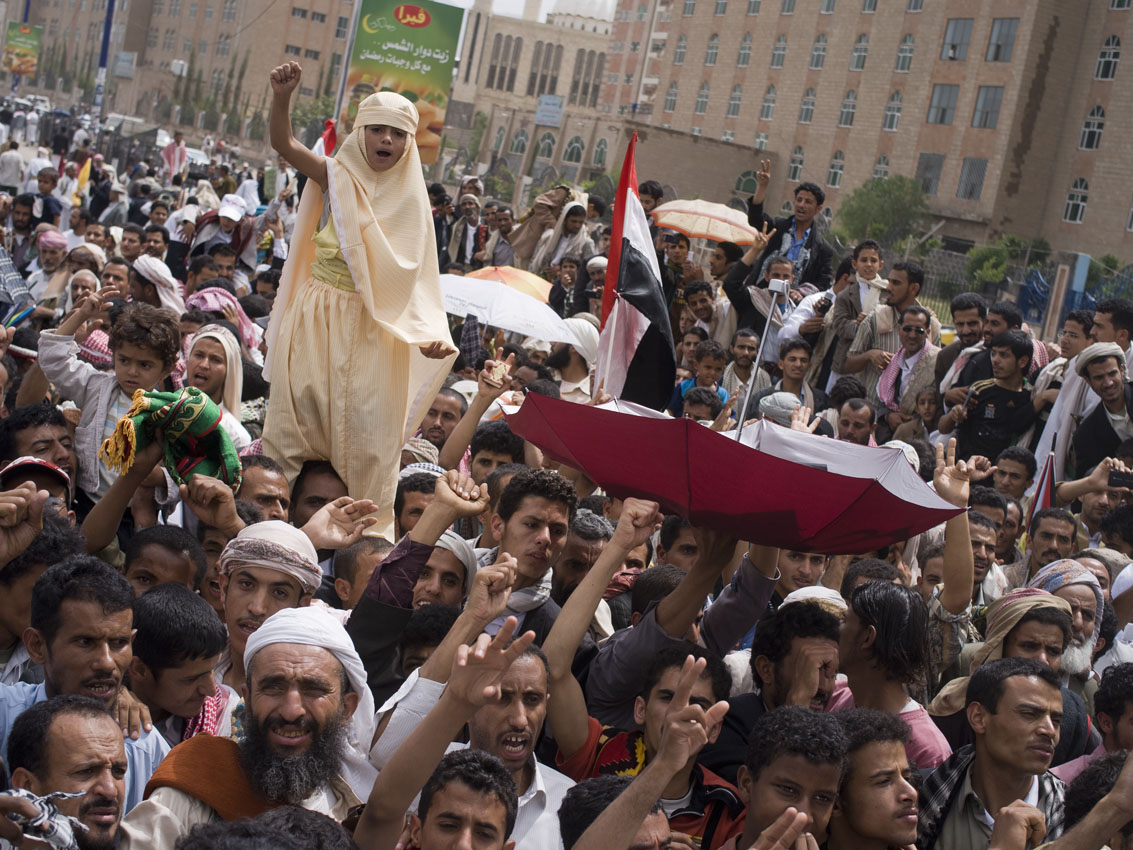
The Uneven Playing Field: Political finance in post-Arab Spring countries
“Our revolution was hijacked,” Mahmoud, a young protestor from Yemen, told me in one of our discussions. “We stand no chance against the established powers in any elections,” said Marwa, another young protestor from Egypt. Mahmoud and Marwa represent millions of similar young Arabs who ignited and led the uprisings in their countries, aspiring for a new future where each one of them will have an equal say in the political process. They are now increasingly disappointed and frustrated with their new reality, and the top reason for their frustration is political finance. The Deepening Democracy report, published by the Global Commission on Elections, Democracy & Security, highlights that “The rise of uncontrolled political finance threatens to hollow out democracy …
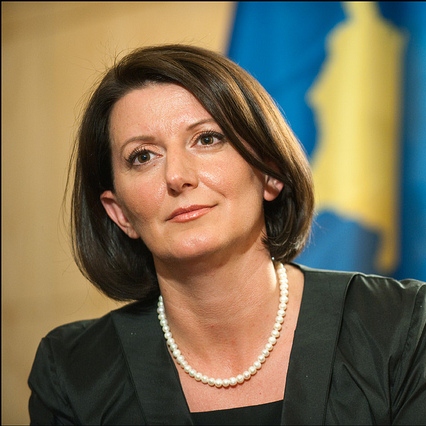
Fighting corruption: Effective examples from surprising places
What could Hong Kong, Liberia, and Kosovo teach us? Perhaps, rather unexpectedly, about successful ways of dealing with public corruption. Corruption is effectively a hidden tax on living and doing business in many emerging democracies and, as a result, is one of the most serious obstacles to deepening democracy and economic development. It is particularly dangerous when corruption turns into a culturally accepted practice.

The M23 rebellion: An (exceptionally provisional) attempt at some analysis
Goma has fallen. It had at 2pm on Tuesday, at least. This sprawling city of a million people, built on and out of volcanic rock on the shores of an exploding lake has become synonymous – insofar as it comes to the attention of the wider world at all – with catastrophic refugee crises, ecological devastation, and looting and pillaging. This week will do nothing to change that script. The villains in this particular script are a rebel group with the strange name of M23, (not to be confused with these guys), which launched in April of this year, ostensibly over broken promises made in the agreement of March 23rd.









